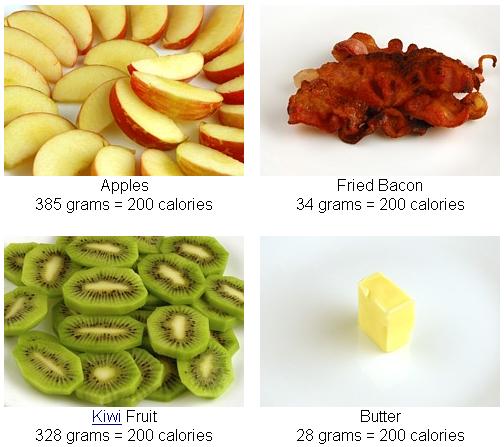Question: I was wondering, do you recommend counting calories for weight loss? I used a popular online site for tracking my food intake, but got lazy about it and gained all the weight back. Now facing the same struggle again, and I’m dreading all the counting and tracking again. A lot of eating clean websites I’ve found are against it. What are your thoughts on the subject?
Answer: When you’re trying to lose weight, you need to have a good sense of how much you’re eating and burning in order to see results. Some people achieve this by calorie counting; others prefer to use exchanges or Weight Watchers Points; and still others want to avoid this track-keeping altogether and just cut out some of what they were eating before. All of these systems can work, so it’s best to pick the method that you feel most comfortable with (definitely don’t pick something you detest, because you won’t stick with it!).
Personally, I hate calorie-counting. It makes me feel crazy, and I don’t enjoy food or life in general nearly as much when I’m doing it. But, it does take a 3500 calorie deficit to lose one pound, so when I notice a few extra pounds have crept on, this is what I do:
- Sit down with a piece of paper and a pen and write down little habits I’ve gotten into that may have led to weight gain. For example, snacking on nuts mid-morning instead of my usual apple, popping various ingredients in my mouth as I make dinner, sleeping in on weekends instead of heading out for a long walk, ending every meal with a holiday cookie, etc. Seeing these habits written down forces me to get honest with myself, and usually it’s pretty obvious how those extra pounds came about.
- Find specific strategies to combat each of these habits. For example, if I’ve been eating out of boredom, I’ll put a post-it note on the fridge with 3 quick activities I can do when I’m bored, such as taking a walk around the block for some fresh air, going through my sock drawer and getting rid of lone socks, or reading a few pages of a book or magazine. When I’ve gotten into a bad habit, I can’t rely on myself to just change all-of-the-sudden — instead I have to replace the bad habit with a good one. This activity helps to accomplish that.
- Focus on veggies. When weight gain occurs, veggies and fruits have always fallen to the wayside. And the surefire way to reduce calorie-intake while still feeling satisfied is to make sure veggies take center stage again. So at times like these, I do make sure I’m getting at least 5 servings of veggies and 2-3 servings of fruit every single day. When you’re eating this much produce, there’s less room for other higher-calorie/less healthy foods.
- Pause, and drink a glass of water, after a meal or snack. Sometimes I get into the habit of getting up for seconds before I’ve had a chance to notice if I’m actually full. And other times I think I’m still hungry when I’m really just thirsty. Pausing for a breath or two, plus drinking a glass of water, helps buy me some time to make a good decision about what to do next. More often than not, the water fills me right up.
- Plan ahead. Even with moderate, realistic goals, it’s important to plan ahead. There will always be temptations and challenging situations where you have to stick to your guns, so it’s best to be prepared for them. These are my go-to methods for planning ahead.
** Image taken from this website.**







2 Comments
Jodi
May 30, 2014 at 12:30 amThat is a really good tip especially to those new to the blogosphere.
Simple but very accurate info… Thank you for sharing this one.
A must read article!
Amelia Winslow
May 30, 2014 at 11:11 amThank you!